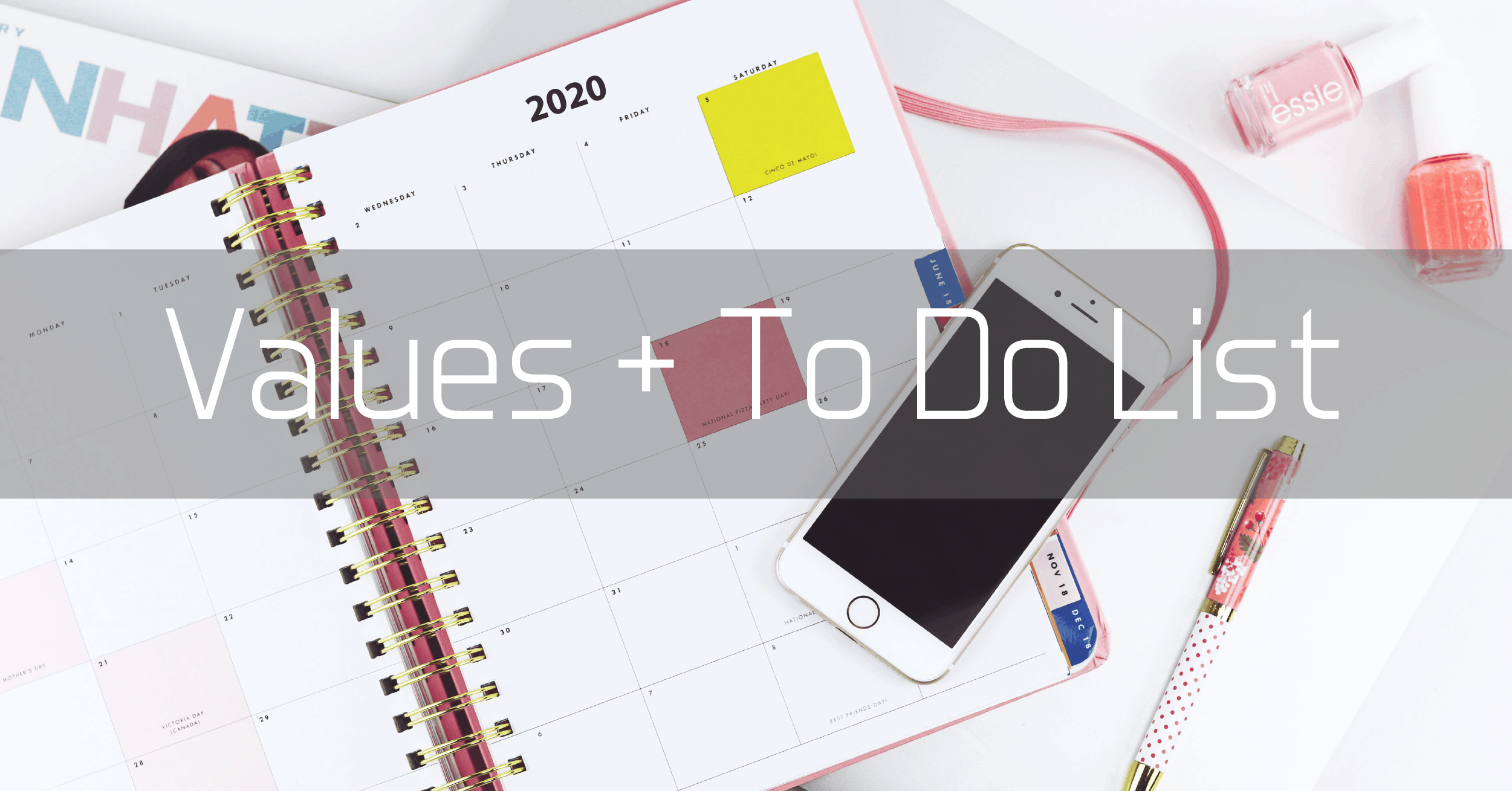
Although I’ve always been a fan of the old checklist, this book solidifies it as the important tool that it is.
Too simple?
I’ll often get clients who are struggling with keeping a morning routine, or who groan whenever they are reminded that it’s that time of the year again to get that [regular work thing] done, to write out all the steps. This forms the backbone of the procedure that they’ll undertake. Then they observe themselves carrying out the task or routine, and tweak and add as necessary til the checklist can serve them much later in the piece when their memory has moved on to other things.
As someone hired to help them with achieving their goals and to help them improve their time management skills, it does feel simplistic to suggest a checklist. But sometimes because something’s simple it’s the very reason we overlook it. Gawande observes this as well. He says “We don’t like checklists. They can be painstaking. They’re not much fun. But I don’t think the issue here is mere laziness. There’s something deeper, more visceral going on when people walk away not only from saving lives but from making money. It somehow feels beneath us to use a checklist, an embarrassment.”
Writing one up
In the Manifesto, Gawande points out many different industries that rely on checklists in order to do their job well because they’ve just got too complex. For example, he looks at the importance that the checklist plays in every commercial aviation flight and looks into how the industry updates and uses checklists after every disaster (fascinating stuff!). Basically “checklists provide protection against such failures. They remind us of the minimum necessary steps and make them explicit. They not only offer the possibility of verification but also instill a kind of discipline of higher performance.”
Software developers, lawyers, financial advisors, construction teams, clinicians, and so many other professions use checklists and what the research presented in the books shows is that “Checklists seem able to defend anyone, even the experienced, against failure in many more tasks than we realise. They provide a kind of cognitive net. They catch mental flaws inherent in all of us – flaws of memory and attention and thoroughness. And because they do, they raise wide, unexpected possibilities.”
Amazing stuff hey? Have Gawande and I convinced you of the merits of a checklist yet?
I hope so! So how do you write up a great checklist?
- Good checklists are precise.
- They are efficient, to the point, and easy to use even in the most difficult situations.
- They do not try to spell out everything – they cannot fly a plane.
- Instead, they provide reminders of only the most critical and important steps – the ones that even the highly skilled professionals using them could miss.
- Good checklists are, above all, practical.
So the next time you’re undertaking a regular task, take out a piece of paper or open a Word document and get capturing! I’ll let the last word be from The Manifesto: A checklist improves your outcomes with no increase in skill. That’s the point of a checklist.

Sometimes we need some help remembering all the aspects that come into play to get something done. If you need to bounce ideas off of someone, take advantage of a free call with me.
Talk soon,
Christie







